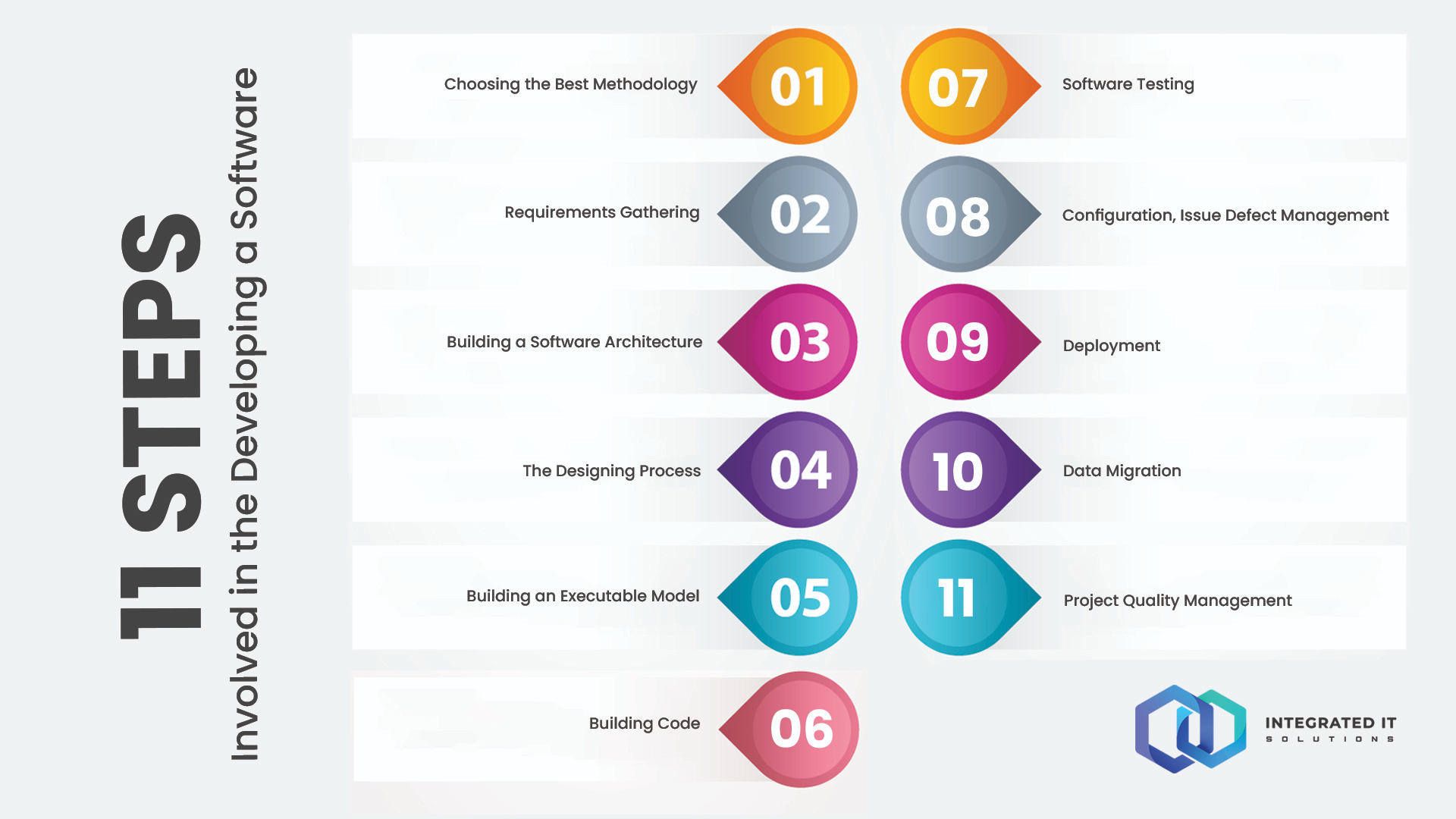Patient care management software has emerged as a game-changer in the healthcare industry, revolutionizing the way healthcare providers manage and deliver patient care. This article delves into the significance, features, benefits, challenges, and future trends of patient care management software, highlighting its pivotal role in shaping the future of healthcare.
Importance of Patient Care Management Software
This software plays a crucial role in improving patient outcomes, enhancing communication among healthcare teams, streamlining administrative tasks, and ensuring regulatory compliance. Moreover, its ability to centralize patient data, facilitate real-time collaboration, and automate processes leads to more efficient and effective healthcare delivery.
Key Features of Patient Care Management Software
Modern patient care management software offers a range of features, including appointment scheduling, electronic health record (EHR) management, telemedicine capabilities, billing and invoicing tools, medication management, and reporting and analytics functionalities. Furthermore, these features empower healthcare providers to deliver personalized care, track patient progress, and optimize workflows.
| Key Feature | Explanation |
| Appointment Scheduling | Allows healthcare providers to efficiently manage patient appointments, including scheduling, rescheduling, and cancellations, ensuring optimal utilization of resources and minimizing wait times. |
| Electronic Health Record (EHR) | Facilitates the digital storage and management of patient health records, including medical history, diagnoses, treatments, medications, and test results, enhancing data accessibility, accuracy, and security. |
| Telemedicine Capabilities | Enables remote consultations and virtual care delivery through video calls, secure messaging, and online appointments, providing patients with convenient access to healthcare services and reducing physical visits. |
| Billing and Invoicing Tools | Streamlines the billing process by automating invoicing, claims submission, payment tracking, and reimbursement management, improving revenue cycle management and reducing administrative burden. |
| Medication Management | Supports medication prescribing, dispensing, administration, and monitoring, including dosage tracking, drug interactions alerts, and medication adherence reminders, enhancing patient safety and treatment outcomes. |
| Reporting and Analytics | Provides comprehensive data analysis and reporting tools, generating insights into patient outcomes, operational performance, financial metrics, and regulatory compliance, enabling informed decision-making and continuous improvement. |
Benefits of Using Patient Care Management Software
The adoption of patient care management software brings numerous benefits to healthcare organizations. It leads to improved patient outcomes through better coordination of care, reduces administrative burdens by automating tasks. Moreover, enhances patient engagement and satisfaction, increases revenue by optimizing billing processes, and ensures compliance with healthcare regulations.

Improved Patient Outcomes
- Better coordination of care leads to improved patient outcomes.
Reduced Administrative Burdens
- Automation of tasks reduces administrative burdens for healthcare staff.
Enhanced Patient Engagement and Satisfaction
- Features like patient portals and communication tools increase patient engagement and satisfaction.
Increased Revenue
- Optimized billing processes lead to increased revenue for healthcare organizations.
Compliance with Healthcare Regulations
- Ensures compliance with healthcare regulations, avoiding penalties and legal issues.
Challenges and Solutions in Implementing Patient Care Management Software
While implementing patient care management software can be transformative. Moreover, it also presents challenges such as data security concerns, staff training needs, interoperability issues with existing systems, and resistance to change. However, these challenges can be addressed through robust cybersecurity measures, comprehensive training programs, integration solutions, and change management strategies.
Challenges:
Data Security Concerns: Protecting patient data is paramount due to regulatory requirements and privacy concerns. Furthermore, the risk of data breaches or unauthorized access can undermine trust and compromise patient confidentiality.
Staff Training Needs: Introducing new software often requires extensive training for healthcare staff, including clinicians, administrators, and support personnel. This can be time-consuming and may lead to initial productivity dips.
Interoperability Issues: Integrating this software with existing systems, such as electronic health records (EHRs) or billing platforms, can be complex. Moreover, incompatibilities and data transfer challenges may arise, hindering seamless workflows.
Solutions:
Robust Cybersecurity Measures: Implementing robust cybersecurity measures, such as encryption protocols, access controls, and regular security audits, can mitigate data security concerns. Compliance with regulations like HIPAA ensures patient data protection.
Comprehensive Training Programs: Develop comprehensive training programs tailored to different user roles and levels of expertise. Utilize simulations, workshops, and ongoing support to empower staff in effectively using the software.
Integration Solutions and Standards: Invest in integration solutions that facilitate seamless data exchange between systems. Adopt industry standards like HL7 or FHIR to enhance interoperability and streamline information flow across healthcare platforms.
Future Trends in Patient Care Management Software:

The future of this software is exciting, with trends like artificial intelligence (AI) integration, predictive analytics, virtual reality (VR) applications for patient education, remote patient monitoring, and personalized medicine gaining traction. Moreover, these advancements promise to further improve healthcare outcomes, optimize resource utilization, and drive innovation in patient care delivery.
Conclusion
Patient care management software is at the forefront of transforming healthcare delivery, offering unparalleled efficiency, collaboration, and patient-centric care. Moreover, its continuous evolution and integration of cutting-edge technologies will shape the future of healthcare, driving positive outcomes for both patients and healthcare providers.
FAQS
What is patient care management software?
This software is a digital solution used by healthcare providers to streamline patient data management, appointment scheduling, billing, medication tracking, and communication for improved care delivery.
How does patient care management software improve patient outcomes?
By enhancing coordination among healthcare teams, centralizing patient data, facilitating real-time collaboration, and automating processes. Moreover this software contributes to better patient outcomes.
What are the key features of patient care management software?
Key features include appointment scheduling, electronic health record (EHR) management, telemedicine capabilities. Furthermore, it also includes billing and invoicing tools, medication management, and reporting and analytics functionalities.




